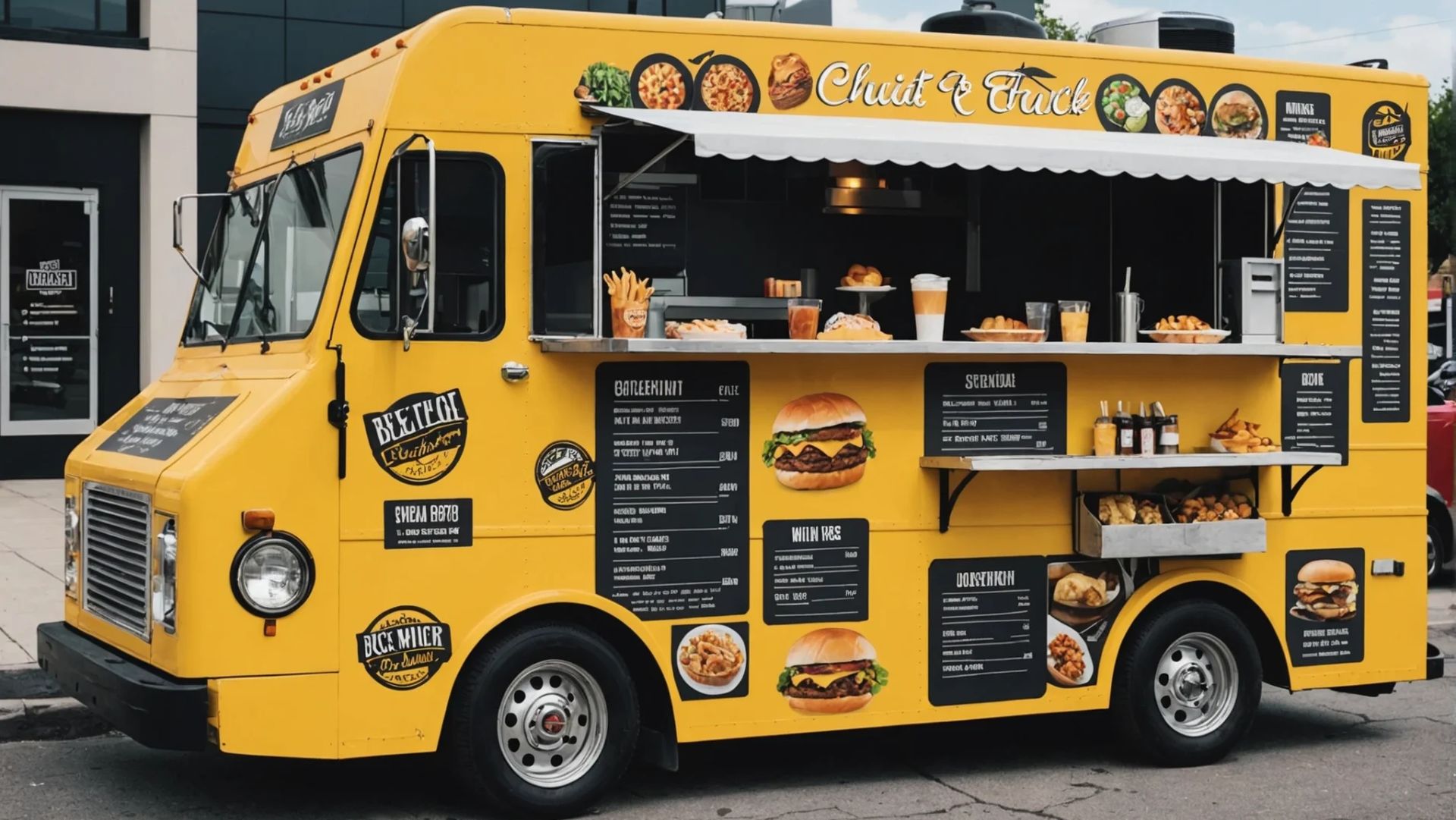Food trucks have become a popular and vibrant part of the culinary landscape. They offer a diverse array of cuisines and provide a mobile dining experience that can reach different locations. Here’s an in-depth look at food trucks, covering their history, business model, benefits, challenges, and trends.
History
- Origins: The concept of mobile food vending dates back to the late 17th century with street vendors selling meals from carts. The modern food truck has its roots in the 19th century when chuckwagons were used to feed cowboys and workers in the American West.
- Evolution: The modern food truck movement began in the early 2000s, particularly in cities like Los Angeles, where they became known for offering gourmet and ethnic foods.
Business Model
- Startup Costs: Food trucks generally require lower startup costs compared to brick-and-mortar restaurants. Initial investments typically range from $50,000 to $150,000, including the truck, equipment, licenses, and permits.
- Operating Costs: Ongoing expenses include fuel, maintenance, staff wages, food supplies, and parking fees. These can be more manageable compared to traditional restaurants.
- Revenue Streams: Food trucks generate income through direct sales to customers at various locations, catering events, and participating in food truck festivals.
Benefits
- Flexibility: Food trucks can change locations to reach different customer bases and attend events, maximizing their exposure and revenue potential.
- Lower Overhead: Without the need for a physical location, food trucks can avoid high rent and utility costs associated with traditional restaurants.
- Innovation: The mobility and lower risk allow for creative and innovative menus. Many food trucks serve unique or niche cuisines that might be too risky for a traditional restaurant.
- Community Engagement: Food trucks often participate in local events, farmers’ markets, and festivals, fostering community engagement and support.
Challenges
- Regulations: Food trucks must comply with a range of local health and safety regulations, which can vary widely by location and can be complex and costly.
- Weather Dependency: Bad weather can significantly impact sales, as fewer people are likely to eat outside during rain or extreme heat.
- Limited Space: The compact space of a food truck can restrict menu options and the amount of inventory that can be stored, potentially limiting business operations.
- Competition: The popularity of food trucks means increased competition. Standing out requires unique offerings and effective marketing.
Trends
- Gourmet Cuisine: There’s a growing trend towards gourmet and artisanal food offerings, moving beyond traditional street food to more sophisticated and diverse menus.
- Sustainability: Many food trucks are focusing on sustainability by using locally sourced ingredients, eco-friendly packaging, and reducing food waste.
- Technology: Food trucks are leveraging technology for mobile ordering, digital payments, and social media marketing to attract and retain customers.
- Collaborations: Food trucks often collaborate with breweries, wineries, and other local businesses, creating mutually beneficial partnerships and unique dining experiences.
- Food Truck Parks: Dedicated areas where multiple food trucks gather, providing a variety of food options in one location. These parks are becoming popular destinations for food lovers.
Key Considerations for Aspiring Food Truck Owners
- Market Research: Understanding the target market, popular locations, and local regulations is crucial for success.
- Menu Development: A well-thought-out menu that can be efficiently prepared in a small space and caters to the preferences of the target audience is essential.
- Branding and Marketing: Effective branding and a strong social media presence can help attract and retain customers. Engaging with the community through events and promotions is also important.
- Operational Efficiency: Efficient use of space, streamlined operations, and effective staff management can help overcome the challenges of running a food truck.
Conclusion
Food trucks represent a dynamic and adaptable segment of the food industry, offering entrepreneurs a relatively low-cost entry into the culinary world. While they come with their unique set of challenges, the flexibility, community engagement, and potential for creativity make them an exciting venture for many food enthusiasts and aspiring chefs.




